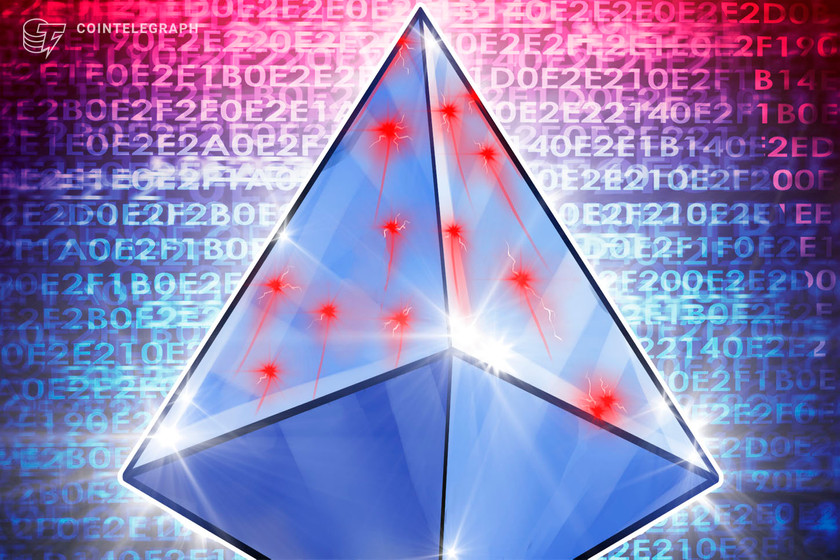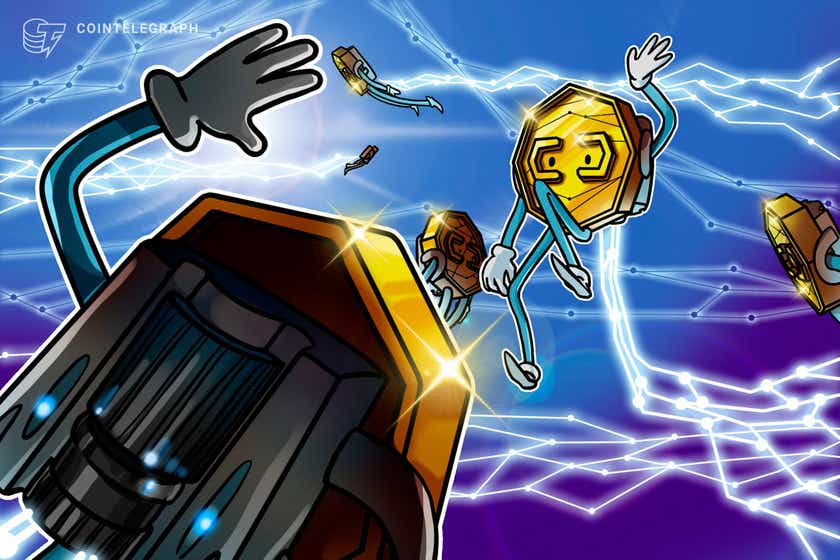Polygon zero-knowledge EVM rollup aims cheaper Web3 transactions
Polygon uses zero-knowledge proof to club multiple transactions into groups before relaying them over to the Ethereum blockchain as a single transaction.
245 Total views
8 Total shares

Polygon, a Web3 infrastructure on the Ethereum blockchain, announced the launch of Polygon zkEVM or zero-knowledge Ethereum Virtual Machine, a Layer-2 scaling solution aimed at reducing transaction costs and improving scalability.
The new zero-knowledge (ZK) scaling solution, Polygon zkEVM, operates in full compatibility with existing Ethereum (ETH)-based smart contracts, developer tools and wallets using zero-knowledge cryptography protocol, a.k.a. zk proof. Polygon uses zk proof to club multiple transactions into groups before relaying them over to the Ethereum blockchain as a single transaction.
This ability to transmit multiple transactions as a single transaction results in lesser gas fees, which can be split between the various senders involved in the transaction — thus bringing down the gas fees when compared to sending them sepeartly over the Ethereum blockchain.
While investors were subject to exorbitant gas owing to the rise in on-chain transactions, Ethereum’s average gas fee fell down to $1.57 — a number last seen in December 2020.

As a result, Polygon zkEVM is well-positioned to bring down the infamous gas prices further. Polygon promises faster settlement and far better capital efficiency through the newly-launched solution, adding to its capability in easy migration of EVM-compatible decentralized applications (dApps) over to zkEVM.
Moreover, the company revealed that the solution also caters to the seamless creation of nonfungible tokens (NFT) and other blockchain-based applications. When compared to layer-1 solutions, Polygon estimates a 90% reduction in costs by using the zk-rollup approach.
Related: Ethereum devs confirm the perpetual date for The Merge
While sub-ecosystems continue to launch solutions hoping to improve major blockchains like Bitcoin (ETH) and Ethereum, in-house developers support the drive by implementing consensus-based upgrades.
In a recent conference call, core Ethereum developer Tim Beiko propose September 19 as the tentative target date for the crucial transition from proof-of-work (PoW) mining consensus to proof-of-stake (PoS).
This merge timeline isn’t final, but it’s extremely exciting to see it coming together. Please regard this as a planning timeline and look out for official announcements!https://t.co/ttutBceZ21 pic.twitter.com/MY8VFOv0SI
— superphiz.eth (@superphiz) July 14, 2022
Following up on the discussion, Ethereum developer superphiz.eth shared the roadmap and clarified that the proposed target date should be seen as a roadmap rather than a hard deadline.









